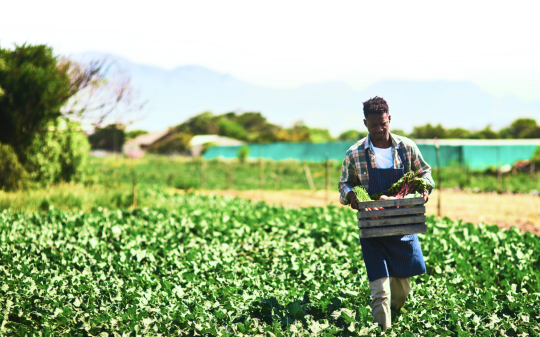
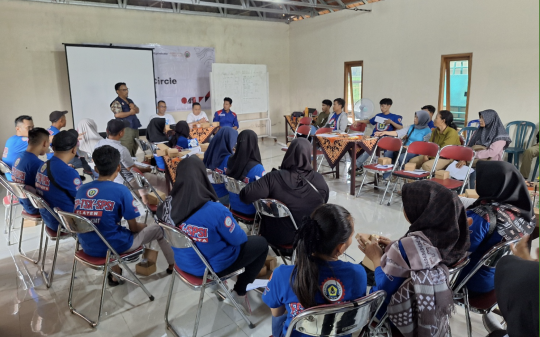
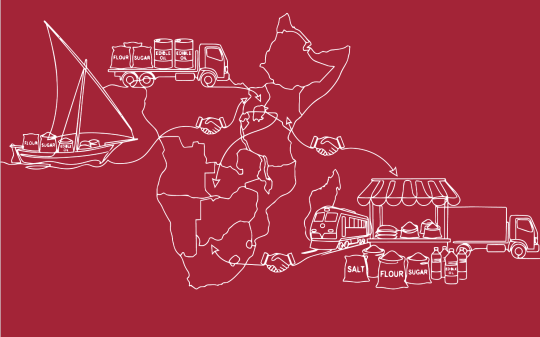
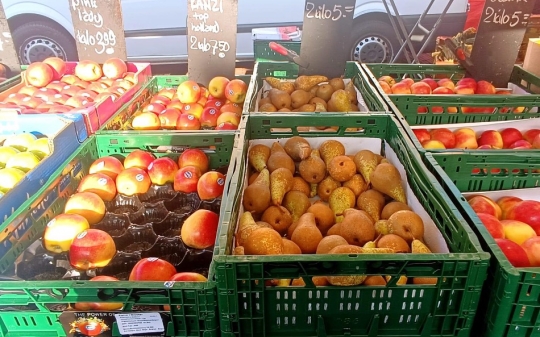

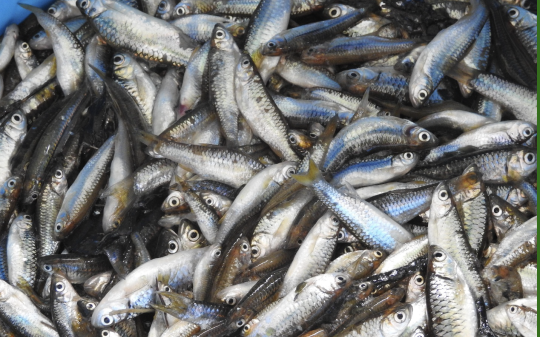
With a population of 275 million people in 2022, Indonesia is the fourth most populated country in the world. A member of the G20, in recent years Indonesia has rapidly industrialised and graduated to a middle-income economy. However, many development challenges remain. Income is unevenly distributed and only the higher-income consumers can afford sustained access to healthy and nutritious foods.

- 11/03/2014
Vitamin A deficiency remains a leading cause of morbidity and mortality in Indonesian children and women. As a pre-post evaluation, this study assessed consumption of fortified oil, changes in vitamin A intake and retinol status in 2 surveys of women and children.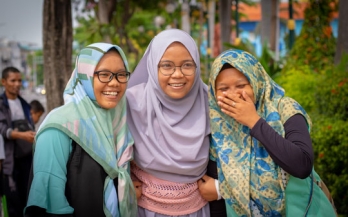
- 01/05/2019
Adolescence is a critical period characterized by physical, social and developmental changes that impact on health and eating behavior. Qualitative research was conducted in Java, Indonesia to examine individual, social, environmental and macrosystem factors affecting snacking behaviors in unmarried adolescent girls 16‐19 years of age.
- Nusa Dua, Indonesia
GAIN is proud to be a sponsor of the SBCC Summit which is organized to better understand what works in shifting social norms, changing behaviors and in amplifying the voice of those who have most at stake in the success of development efforts.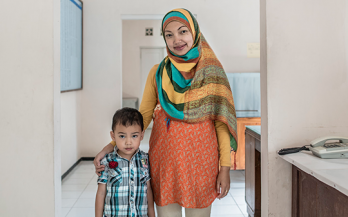
- 01/10/2015
The aim of this study was to assess oil consumption, vitamin A intake and retinol status before and a year after the fortification of unbranded palm oil with retinyl palmitate.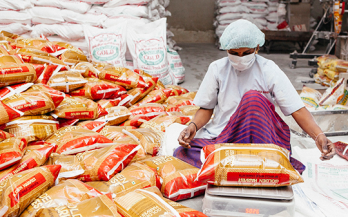
- 01/06/2013
This study aimed to estimate the potential contribution certain processed foods can make to micronutrient intake in Southeast Asia if they are made with fortified staples and condiments.
- 01/06/2013
The objective of this study was to assess the efficiency of the Global Alliance for Improved Nutrition (GAIN) Premix Facility in procuring quality, affordable vitamin A for fortification of edible oil in Indonesia.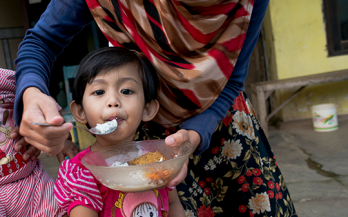
- 06/09/2017
Although it is generally accepted that the addition of micronutrient powders (MNPs) to foods causes no or negligible changes to organoleptic properties, there are anecdotal reports of low acceptability of the MNP distributed in Indonesia. The objective of this study was to assess whether the organoleptic properties of micronutrient powders reduce the acceptability of foods if used as recommended.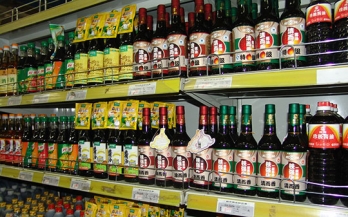
- 01/06/2013
The objective of this study was to assess a new portable device for the quantitative measurement of iron content of fortified sauces that could be used to control fortification levels.
- 26/07/2017
This paper reports on case studies supported by the Global Alliance for Improved Nutrition (GAIN)-UNICEF USI Partnership Project to investigate processed food industry use of adequately iodised salt in contrasting national contexts.